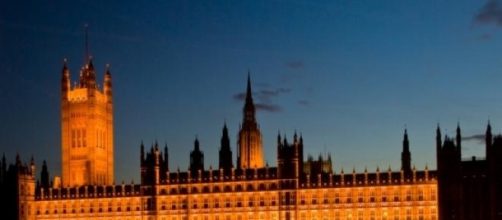Terrorism is, quite rightly, at theforefront of the public’s minds. After the travesties in Australia and Francewhich have showcased how dangerous terrorism ideology can be, whether expressedby a group or a lone wolf, this is a sensitive and powerful issue.
Whilst outright condemnation of the acts isnecessary, it is also easy compared to the next steps taken in order to preventfurther loss of life. However the issue of civil liberties is also of equalimportance and intrinsic value to the UK legal system and many of the problemsfaced by Parliament now is balancing these objectives.
Currently Parliament employs an independentreviewer of legislation aimed at terrorism, the current holder being DavidAnderson QC. Mr Anderson has high level access to anti-terroragencies, including the police and intelligence services, as well as access toclassified documents. As Mr Anderson indicates on his website such openness for an individual who is not a part of The Government is nearly unprecedented. All this accesshas enabled the independent reviewer to submit their view to Parliament inorder that MPs can discuss the views of police, academics,journalists and campaigners.
To have this level of contribution and transparencyin an area that is prone, for obvious reasons, to a great deal of secrecy ishighly valuable and befitting the democracy in which we live.
However Theresa May has proposed that this independentpost be changed to the privacy and civil liberties board. Eagle eyed readerswill spot the lack of the word ‘independent’ which was dropped from the nameof the board in the government’s November's reveal of the counter-terrorism andsecurity bill. Also might be noted is perhapsthe significant use of privacy, as opposed to any other of the liberties suchas rights to fair trial, hearings or free speech. Which suggests that privacywill be receiving top billing to the detriment of other liberties, or perhaps theymerely thought the ‘privacy and civil liberties board’ just sounded catchy.
However, as Teresa May has quoted thecurrent independent reviewer Mr Anderson has indicated that the board could befor the greater good, in July Mr Anderson was quoted as saying “such a board ifproperly constituted could bring advantages.” May, however, in typical politicianstyle failed to mention that Mr Anderson also pointed out that it could also ‘substantiallydiminish’ the value of the group as sharing classified information to largeamounts of people could induce reluctance amongst the intelligence and lawenforcements services.
Mr Anderson has further voiced concerns onhis website, recently, which suggests turning the post into a chairedboard could mean inefficiency and competing claims on the chairman’s time which would bedetrimental to the overall work. Mr Anderson also expressed concerns about theneed to be highly selective in the appointment of board members to ensure politicalleanings did not affect the impartiality of the board, as well as the need formembers to be ‘doers rather than talkers.’
As it stands the independent reviewer is apart-time post, giving the holder, like Mr Anderson a fallback position to his already successfulQC role. This endows the post with a great amount of liberty to be able to expresshis own opinions on the evidence before him, untied to a particular party lineor threat of reprisal.
The new chairman of the board, if it succeeds, willdoubtfully be able to operate on the same level of independence. In my mindless independence and more red tape is the last thing that anti-terror discussionare in need of at this current time.

